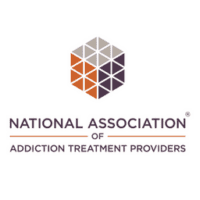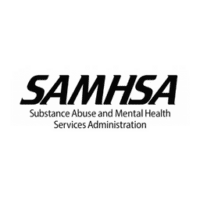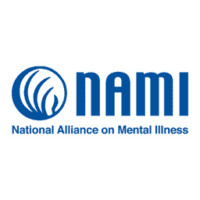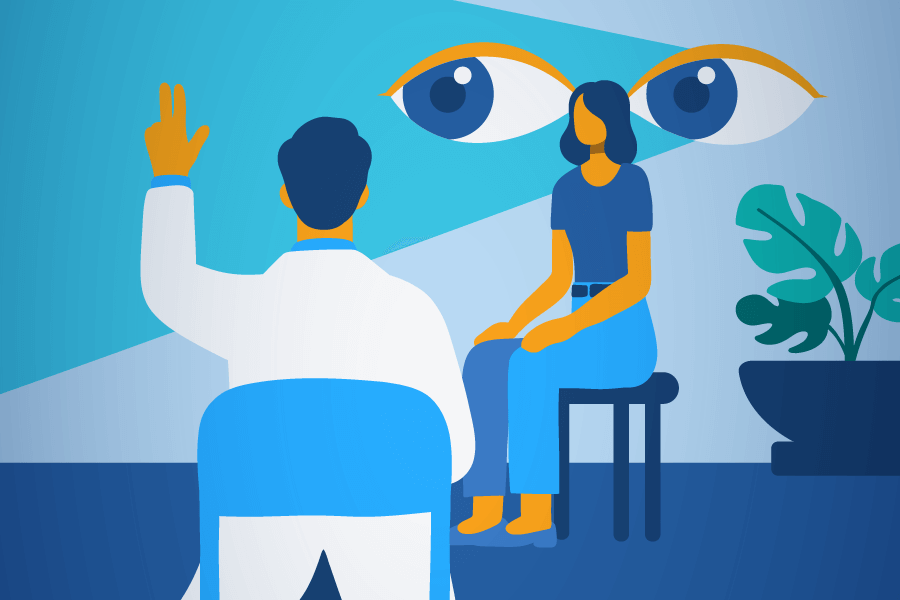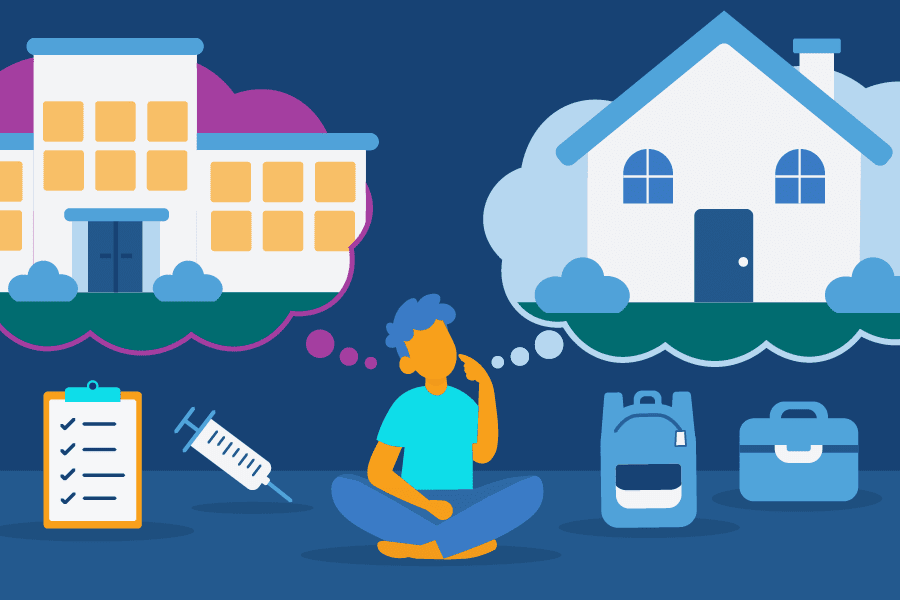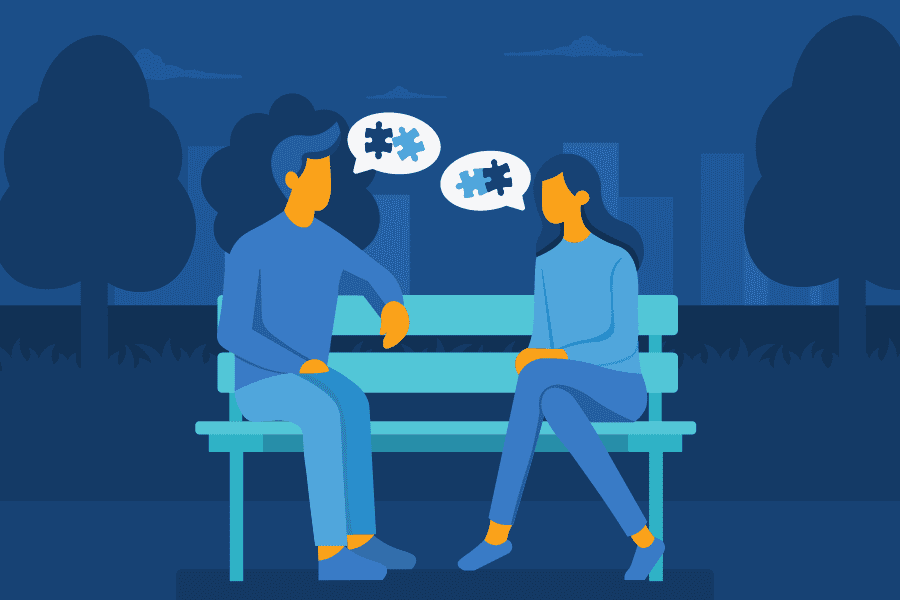General Outpatient
General Outpatient treatment serves as a stepping stone from the intensive outpatient program (IOP) to less intensive services. General Outpatient treatment allows for more flexibility in where a participant lives, the type of therapies received, and includes life skills training and community supports.
Typical General Outpatient Addiction Treatment Programs Include:
- Participants live at home, in sober / recovery living, or on their own away from the care facility
- Support is generally scheduled for less than 9 hours per week, often 6 hours per week for teens
- Programming length can vary, but is usually no less than 8 weeks following completion of IOP (Intensive Outpatient Program)
- Recovery skills, life skills, ongoing therapy, and motivation enhancement are common goals of aftercare
- Works best for participants actively engaged and highly functioning in day to day life; offers tune-up attention to keep individuals on track and help prevent relapse
With General Outpatient care, participants live in the community and travel to a facility or office to receive support from a network of professionals. Aftercare is usually less than 9 hours per week for adults and less than 6 hour per week for teens. Sessions and activities tend to feature individual, group, and family therapy sessions facilitated by a network of clinical care givers.
Time spent in General Outpatient care tends to focus on maintaining a healthy lifestyle and relationships, integrating life skills and motivation, and preventing relapse. Program approach can be highly varied depending on the individual needs of the participants.
The duration of General Outpatient programs is typically around 12 weeks, and is often no less than 8 weeks. Some participants opt to continue utilizing the support of general outpatient care beyond the typical 12 weeks to help sustain recovery. Medication management is generally not highlighted in Aftercare, though most programs do still employ drug testing.
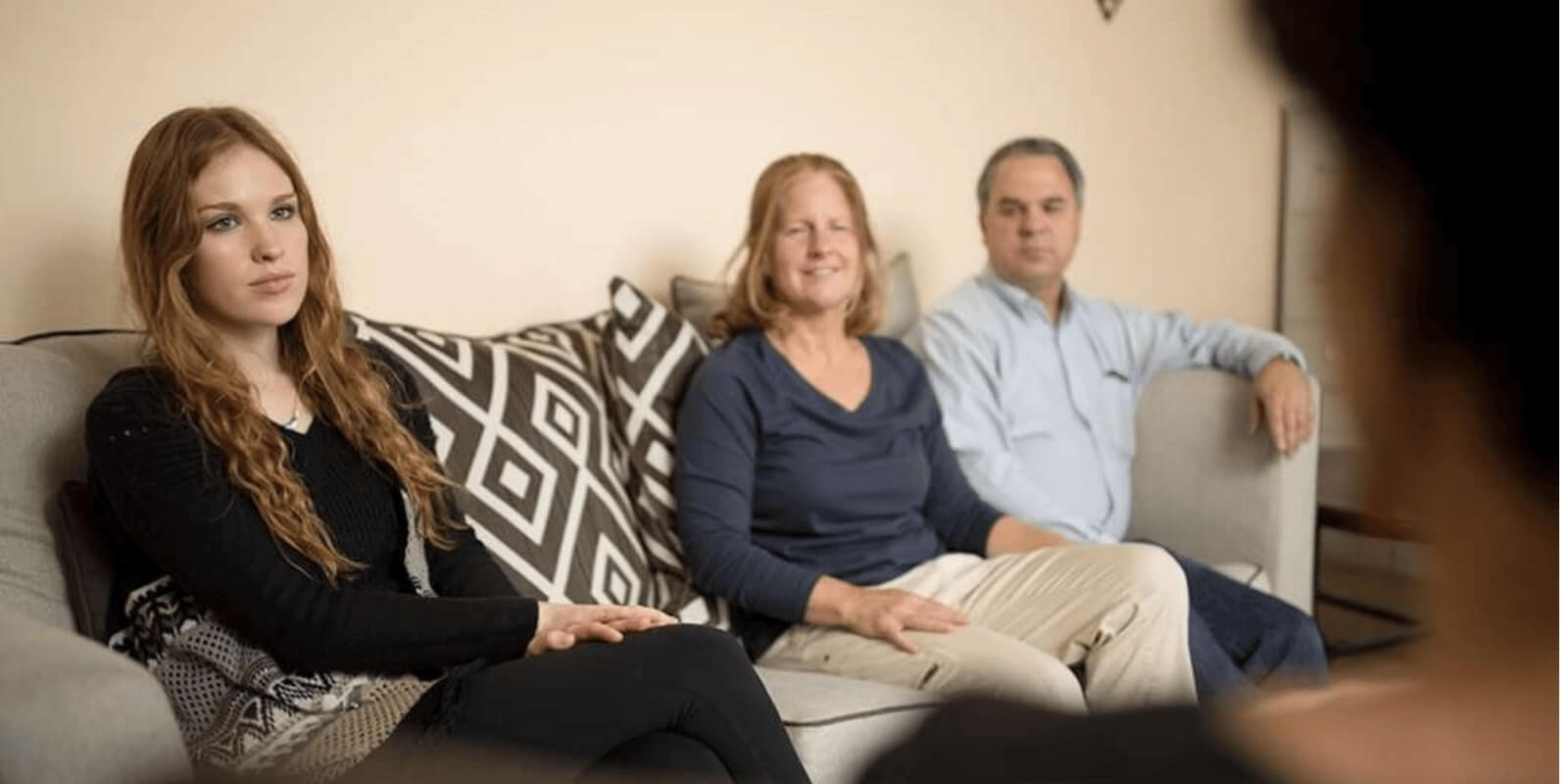
Determining If Outpatient Drug & Alcohol Treatment is Appropriate for You
General Outpatient care is ideal for clients who are stepping down from more intensive support systems. Often clients will attend an Intensive Outpatient program before moving to General Outpatient care or Aftercare. To be successful, most participants need to have a high level of personal investment in change.
Because participants live away from the support of a residential rehab facility, it’s best if they are familiar with the triggers and stresses associated with independent living and have been prepared and coached on navigating them successfully.
General Outpatient treatment programs are best for those who are functioning well on their own but benefit from an accountability team and support system. General Outpatient is the lowest level of care for most people; it is often the last clinical step in the recovery process.
Benefits of General Outpatient Addiction Treatment
There are many advantages to General Outpatient treatment programs and Aftercare and the key is to be sure the participant is in a place where the limited amount of support is actually beneficial. Because clients live at home or in sober living and commonly have less than 10 hours of structured support per week, participants have a high degree of autonomy and freedom.
This can be incredibly appealing and empowering, and also challenging if the person is not ready for that amount of responsibility. Many people enjoy living on their own while participating in General Outpatient programs, allowing for a feeling of comfort and familiarity while offering an opportunity to practice the recovery and therapy skills they’ve learned in real life.
Participants also often engage in group therapy and activities and this, combined with a team of clinical professionals, creates a community of support so they are not alone in their continued journey towards sustainable recovery.
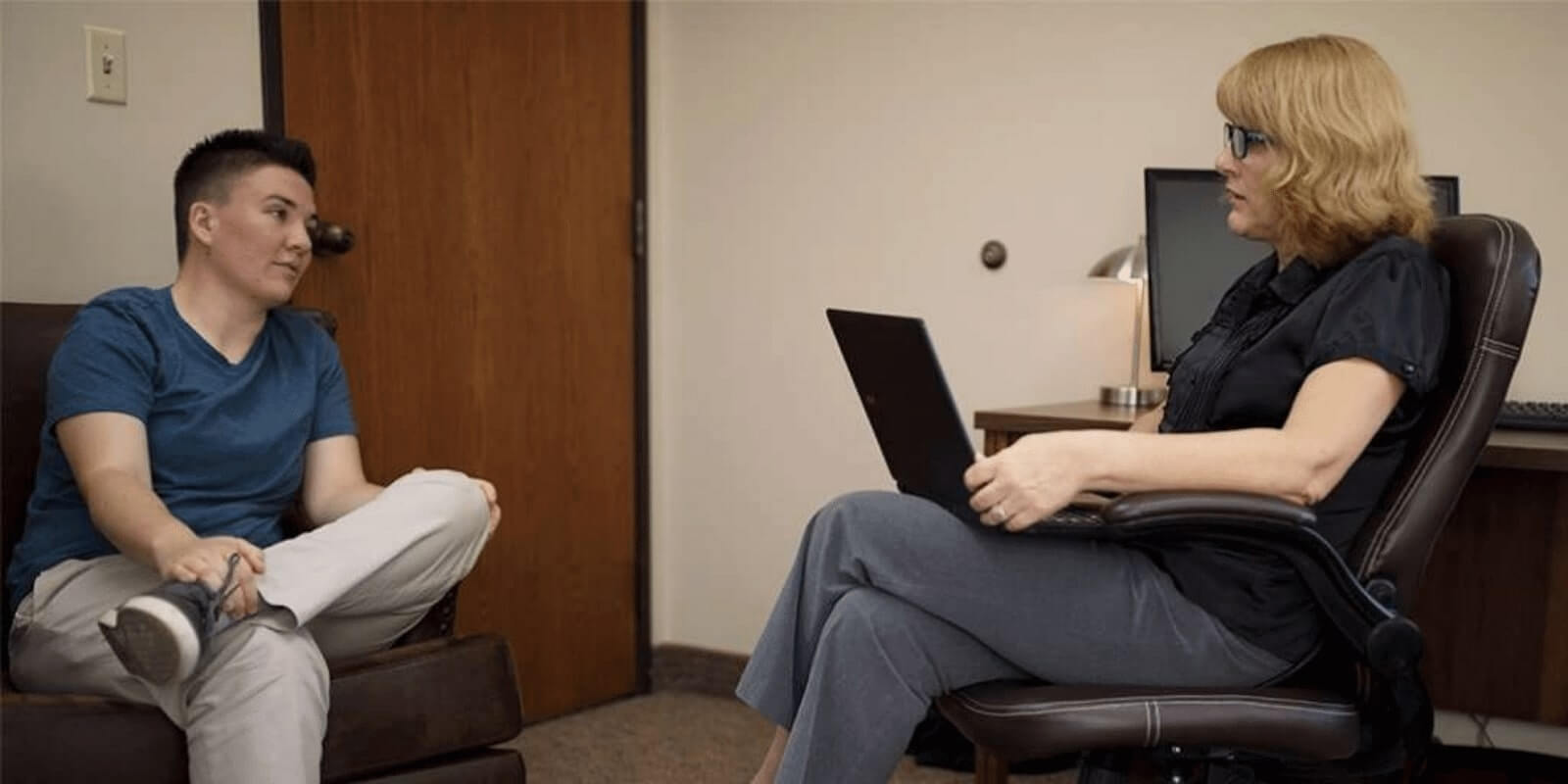
Outpatient Addiction Treatment
At Sandstone Care, we specialize in general outpatient treatment programs. We utilize Evidence Based Care with a Trauma Informed Care philosophy and a Strengths Based Approach to empower those ready to step into more self-sufficiency within their recovery.
If you have questions about general outpatient care, give our admissions team a call. We look forward to supporting you or your loved one on the road to recovery.


Online Treatment Programs
Our virtual IOP program offers the same programming that we offer in person, all online – this is ideal for those who live too far to drive to an addiction center, have transportation issues, or have health concerns that make in-person treatment challenging.
Our Accreditations
